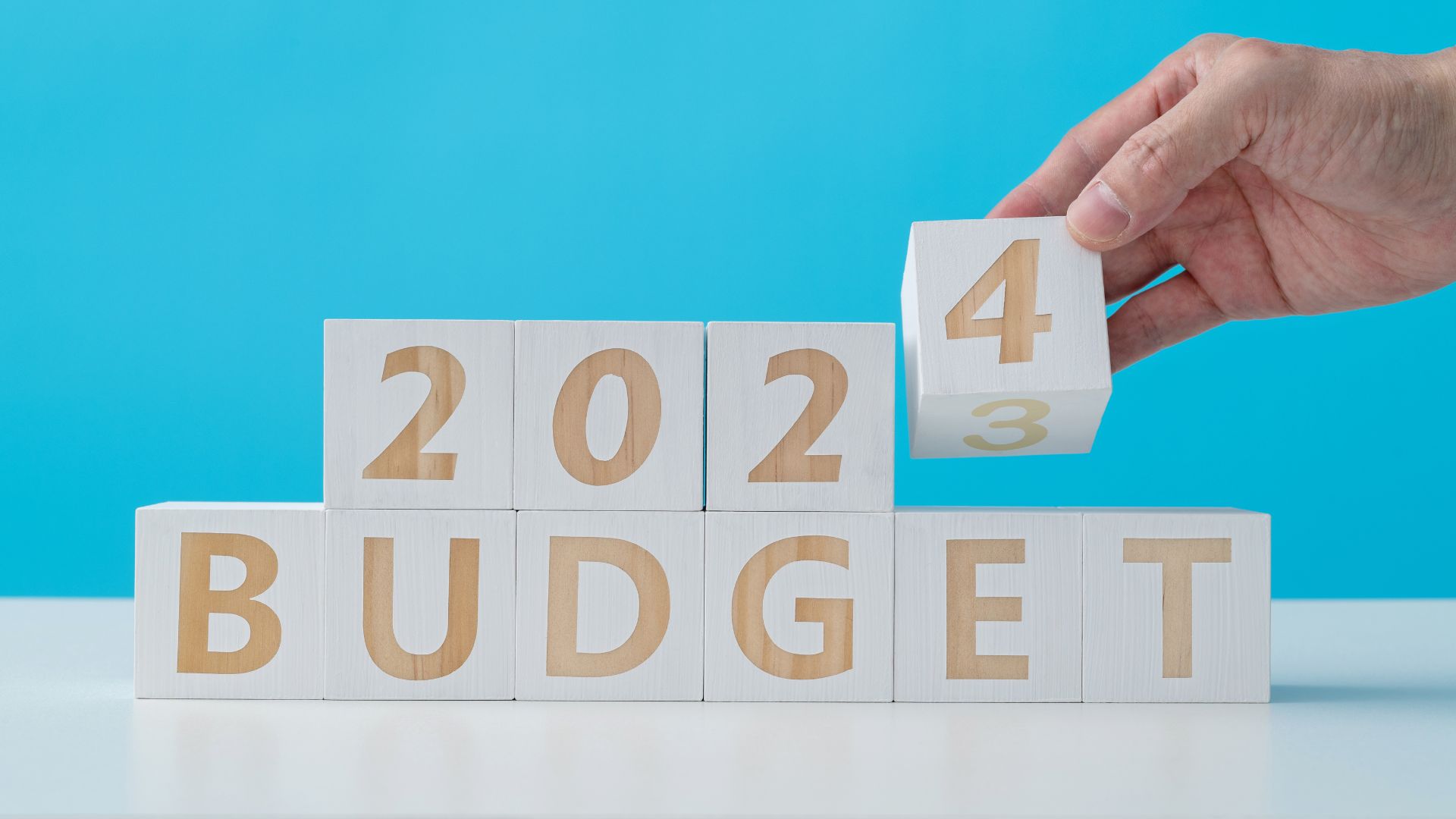Recently, the Chancellor Jeremy Hunt delivered the 2024 Spring Budget. But, how will the Spring Budget affect you and your finances? From reduced national insurance deductions, to fuel duty and child benefits, we’ve rounded up the key points for you to review, so take a look below to find out more.
Changes to Debt Relief Order (DRO)
It currently costs £90 to make an application for a debt relief order (DRO). From April 6th, there will be no fee to apply for this debt solution, which will help lessen the burden for a lot of people in debt looking to apply for a DRO.
National Insurance Reduced
From April, employee national insurance deductions will reduce from 10% to 8% and self-employed national insurance will drop from 8% to 6%. Compared to the current deductions in national insurance, this means that around 27 million people are estimated to be up to £900 a year better off.
Universal Credit
Current conditions state that if you get an advance payment from universal credit, you would ordinarily have 12 months to pay it. With the Budget changes, you’ll now have 24 months to repay it, instead of 12 months.
Extension of Household Support Fund
Introduced by the government in 2021, the Extension of Household support provides councils with money to help local residents and will continue for another 6 months. To learn more about this, contact your local council to see what support is available to you in your local area.
New Vape Tax
Following the health concerns surronding vapes and e-cigarettes, there will be a new tax on vapes introduced in October 2026 in to try and further discourage people from purchasing and using them.
Fuel Duty Frozen
First frozen by the orders of Rishi Sunak in 2022 and extended once again, fuel duty has been frozen for another 12 months. This is thought to save the average driver around £50 over the next year as a result.
Child Benefit Changes
From April this year, the child benefit threshold will increase from £50,000 to £60,000. If you individually earn less than £60,000 you will be able to claim child benefit without paying it back. In 2026, there is a plan to update the system to a collective household income, rather than the current individual income.
Get in Touch For Debt Help
If you need support with your finances, the friendly and experienced debt advisors at Angel Advance can help. Visit our online debt advice tool for help with debts, or contact our team via email, phone or WhatsApp today.


